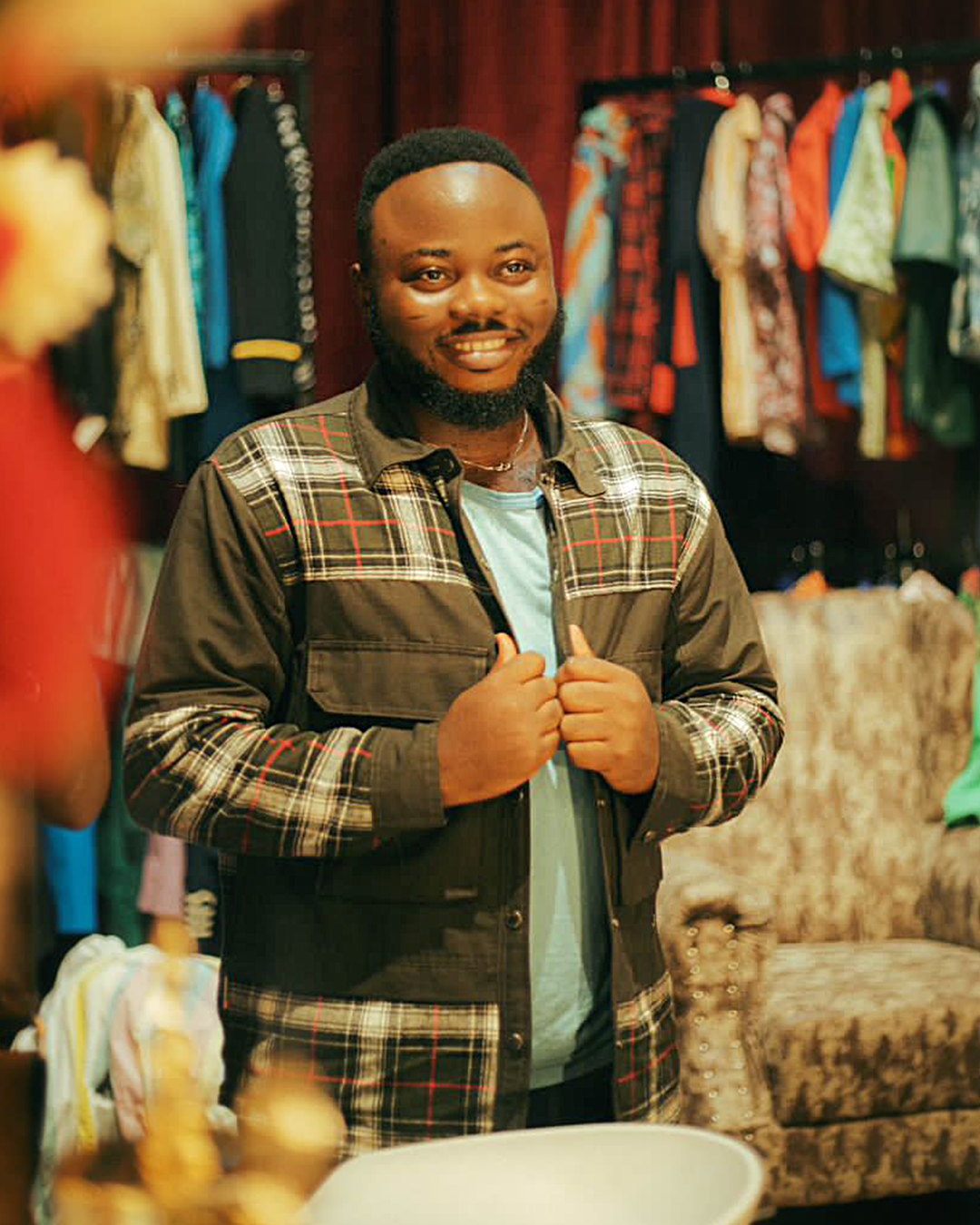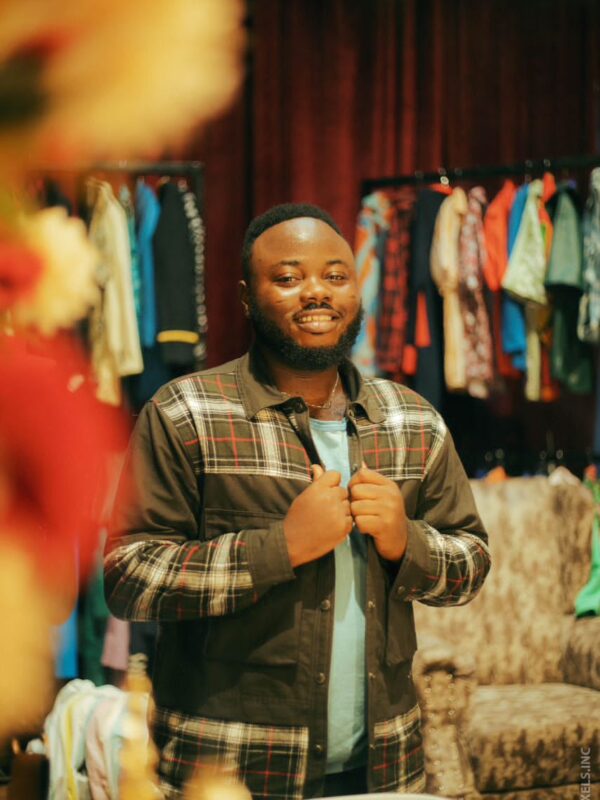

24 Mar Spotlighting Tunde Cutz
There are fewer things in life that are more refreshing than meeting people with a genuine love for the work they do, and I was privileged to speak with one of them. Tunde Cutz is currently one of the most sought-after video editors in the Nigerian music industry and an outstanding filmmaker. His love and passion for his craft has not only built his notoriety in the industry but also driven a phenomenal work rate. In this interview, he shared a lot about how he started out in this line of work, with his older brother as a major contributor, why he works as hard as he does, and his only regret when he started out in his field.

How long have you been in the business of video editing and filmmaking?
TC: I started learning how to edit after I was done with secondary school, back in 2011.
How did you start out with video editing and filmmaking?
TC:After secondary school, while I was trying to gain admission into university, I started staying and working with my older brother, Adeyinka, in Abeokuta, Ogun State. He’s a broadcaster who owns a studio and a production company that mostly covers weddings, church programs, other events, and documentaries. One day, he encouraged me to learn editing from an editor who worked in his production company, so I did. But for me, I really started learning when this guy came to the studio with his laptop, looking to edit a music video. He was using Adobe 6.5, which was different from what we had been using, which was Ulead. That alone piqued my interest, so I started shadowing him through this process, spending long hours working with and learning from him. When he was done, he left, and I started practising the things I learned from him so much that the in-house editor felt pressured to leave, making me the new editor in the company. I had to strap up and sharpen my skills. Any questions I had, I went to Google or YouTube.
How would you describe your editing style and what inspires it?
TC: My style comes from my understanding of the craft. The way I edit is greatly informed by my initial background in the craft and understanding of it, which started off with broadcasting and editing documentaries. I didn’t fall in love with editing until I understood the meaning and science behind filmmaking and how to tell stories with pictures.
You’ve worked on some visuals for some of the top hits in the past year. What inspires you to keep up such an outstanding work rate?
TC: It’s really the passion. Money isn’t always everything, and even when it is, it’s not what keeps me hooked. I obviously get burned out, but when I see clips I want to work with, the ginger comes back. There are so many events and opportunities to hang out with my loved ones that I’ve turned down because I need to be in front of my screen editing. The only thing that can drive anyone to do that is genuine love and passion for the craft.
How do you balance out turnover rates or hitting deadlines with your current work rate?
TC: For me, editing is something you have to feel comfortable doing. In order to focus on your deadlines, you need to create the most conducive environment for yourself. For me, it’s my studio. I always need it to be quiet, have a stable internet, and have electricity. I don’t always meet deadlines, but I try to communicate that with the director or producer. I also try to focus on one project at a time before moving on to another.
Having worked with Afrobeat legends and sensations such as Asake, Wande Coal, and Davido, what do you think distinguishes Nigerian talent from its global contemporaries?
TC: What sets us apart is that our people want to work. As much as we want to make money, we are passionate about the things we do. Something like filmmaking can be extremely strenuous and demanding, but if you love the art, you will do it wholeheartedly. We don’t always focus on the money because that’s not all that counts for us. You see this sort of genuine drive in people like Asake and Davido. Nigerian creatives are constantly pushing themselves and creating opportunities for each other because we know the type of country we are in and how much we want to achieve despite our environment. The energy is pure, the love is real, and the drive keeps you going.
Is there anyone you haven’t worked with yet that you’d love to?
TC: I’d love to work with Wizkid and Meji Alabi. I’d also love Child, the director behind Chris Brown and Wizkid’s “Call Me Everyday” music video, because I love her work. It’s always so picturesque. Drake and Justin Beiber are also on my list.
How important is collaboration in your line of work? And is it something you’ve always embraced?
TC: Filmmaking relies on collaboration. From those working on set to those in post-production, everyone is working collectively to achieve the same goal. Directors bring their visions to me, I digest them and infuse my own ideas into it.
What’s something you wish you knew 10 years ago?
TC: Oh, that’s simple. I wish I had come to Lagos sooner. I’ve only been here for 5 years. I am grateful to God for everything I have achieved so far, but I always wonder how things would have been if I had been here earlier or if I had grown up here. It’s the only thing I look back at and wish was different. Lagos is where the opportunities are. Before I left for Lagos, I was in the Yoruba movie industry in Abeokuta, but at some point, it wasn’t as fulfilling any more. I really just wanted to edit videos, so I decided to leave and chase that dream.


Sorry, the comment form is closed at this time.